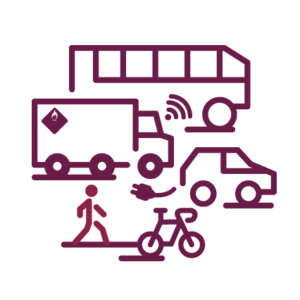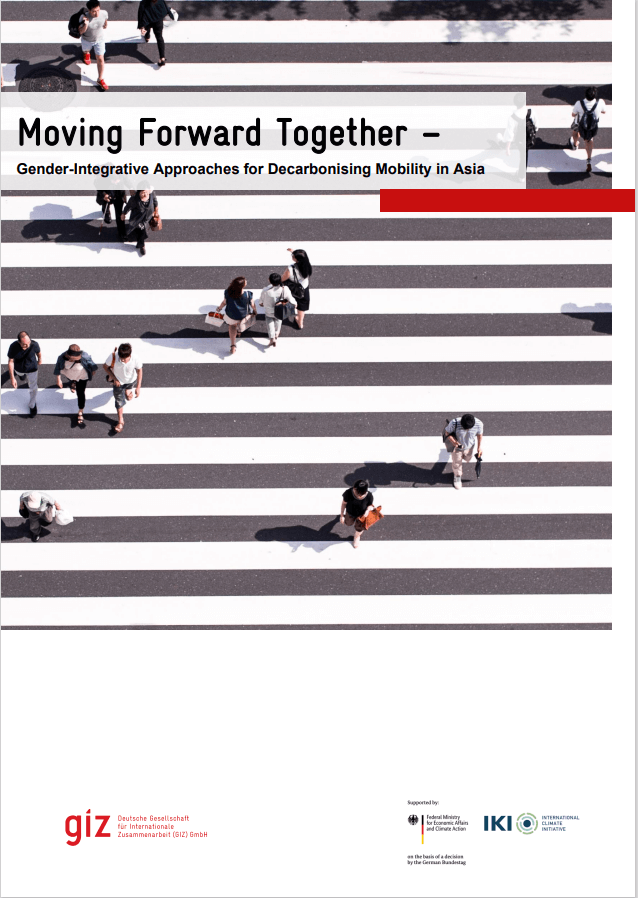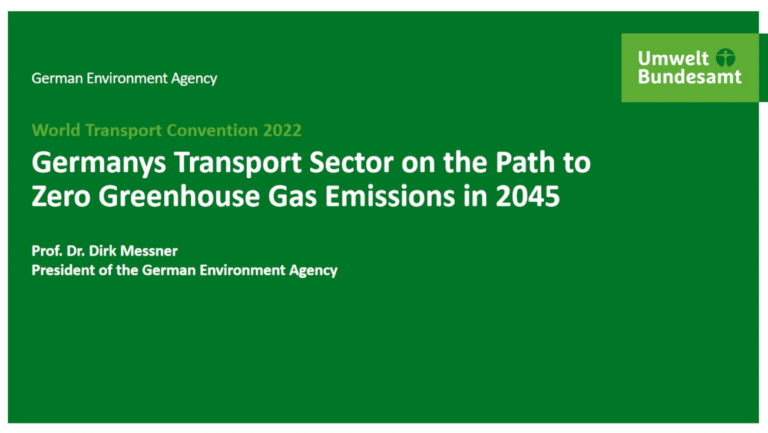In Europe, close cooperation and exchange among cities and countries have a long tradition. Especially in the framework of joint European Union (EU) activities, best practices in sustainable urban mobility are exchanged and innovative ideas spread. Beyond Europe’s borders, transport-related innovations are growing rapidly in developing and emerging countries in the recent years. Not only in mega cities worldwide, decision makers, entrepreneurs and planners are currently testing new approaches to urban mobility – driven by enormous pressures, such as urban sprawl, congestion and air pollution, but also new opportunities related to new digital technologies and rapid economic development. Learning more about their successes as well as potential difficulties may inspire sustainable urban transport development in Europe and Germany. With the intention to provide a glimpse to the transport innovations of developing and emerging countries and discuss the vision of Tommorow’s Cities in the light of global innovation, the German Environment Agency (Umweltbundesamt, UBA) and the Deutsche Gesellschaft für Internationale Zusammenarbeit (GIZ) jointly developed the research paper Reverse Innovation: Rethinking Urban Transport through Global Learning, which aims at reversing views and exploring the potential of innovations from developing and emerging countries for German and European cities.
In this paper, the term “reverse innovation” is used in the context of urban transport development. It describes any new concept or idea that is adopted first in the developing world, shaped by the local context and has the potential to inspire urban transport development in developed economies. Under the consideration of three selection criteria (Contribution to sustainable urban mobility; Country of origin; Type of innovation), UBA and GIZ selected ten innovations among 50 promising innovations from around the globe and present them in detail. Due to its innovative aspects, achieved success and high relevance for German cities, the adaption of electric buses to the urban transport system and the innovative sharing bike mode of Mobike were selected as two representative innovations from China among the ten innovations worldwide.
For a better understanding and an in-depth exchange on mutual learning and inspiration together with other urban mobility actors, UBA and GIZ jointly hosted an expert workshop “Reverse Innovation – Rethinking Urban Transport through Global Learning” in the context of the European Mobility Week (Sep. 18th to 22nd 2017) on September 18th 2017 in Berlin. During the workshop, Mr. Sun Shengyang, project manager of GIZ China transport programme, presented the development and impact of E-bus fleet adaption in China. “E-buses are getting more affordable. In the beginning, one electric bus equalled the cost of three diesel buses. Now, one E-bus equals nearly one and a half diesel buses. Moreover, policy pushes testing. Thereby, the technology gets improved, operation and fleet management gets practiced and E-buses become more reliable in service. One great advantage is the experience that China has gained from large fleet experiments.” As explained by Mr. Sun.
The event attracted over 100 interested professionals from the sectors urban development and mobility as well as foundations, research institutions and government representatives. Apart from the three presentations of representative innovations from abroad (incl. an urban carpooling app from Egypt and an urban safety data-crowdsourcing platform from India), experts from the municipal governments, research institutes and mobility innovation start-ups (Mobike) exchanged their ideas and insights on how to effectively reverse innovations in urban transport during a panel discussion guided by Christian Hochfeld, director of Agora Verkehrswende.
The strong interest of the participants and the intense discussion indicated that the aim of the buzzword “Reverse Innovation” is achievable, the cooperation between developed and developing/emerging countries is indeed not a one-way street and cities indeed inspire each other globally.





